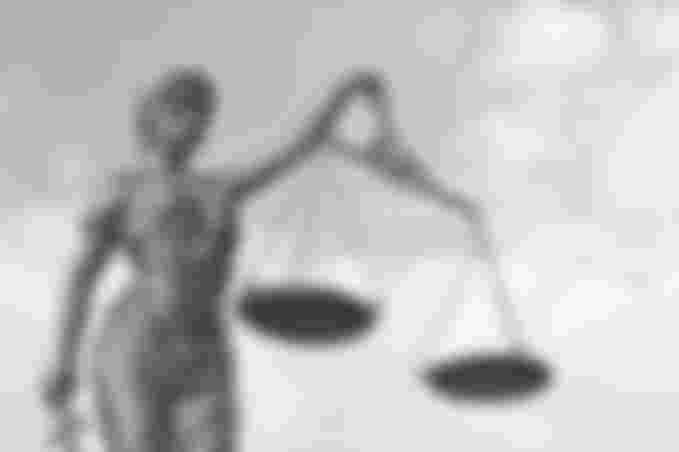A Theory of Justice takes up a problem that goes back to the Enlightenment: If rights inure to individual persons, what role can society really play in our lives? Key to this paradox, it is argued, are the concepts of the good and of the right. There can be no meaningful notion of the good independent of a concept of what’s right, or just. A good society, then, cannot let its moral structure be dictated by its economic practices. The author construes justice from a Kantian standpoint and employs principles such as universalizability to make Rawls’s theory one that guarantees justice at the start, as opposed to one in which justice arises contingently from later developments.

The author dials us back to the state of nature, the famous theoretical starting point of Locke and Rousseau from which a society somehow must emerge. His unique angle is that he finds the state of nature inadequate as a starting point, so he modifies it into an “original position,” a point from which individuals can reason more effectively about the kind of social contract they ought to agree to. Here Rawls’s distinctive concept of the veil of ignorance comes into play.
Rawls advocates an objective and rational social contract theory. His book takes aim at two alternatives, utilitarianism and perfectionism. Outside dictatorships, he says, these are the two principles that actually do drive social and government policies in the rest of the world -- hence an example of the oblique swatdown of libertarian ideas. He takes apart both theories and proposes his own, based on a notion of equal liberties. Justice entails equal liberty for each person, and this principle has priority over other concepts.
Of special note, too, is Rawls’s discussion of justification. It is misguided, he argues, to justify any system on the basis of deduction or induction from starting principles. Starting principles alone will prove unable to account for a social system in its entirety. Justification for a system of social organization must come from a judgment of the system as a totality. That is, justification comes from within that system, taken as a whole. Here the critique of other ideals is less oblique, and the disagreement more contentious.
Libertarianism, this text implies, relies on principles common to many viewpoints. It’s these grounding principles that come under scrutiny throughout the book. He attacks the conflation of a self with one’s own self, dismissing theories that fail to reason objectively. Late in the book (by which I mean to say: You cannot get by reading just part of it) he critiques the idea of private society. He uses Kant to contrast people treated as ends with people treated as means, repudiating notions that derive the value of a human life from an individual’s social function. He asks what‘s really meant by “deserving“ something. Through Kant, too, he links natural rights with natural duties. Altruism he denies as a duty of justice: His original position is one of rational self-interest.
Rawls stresses the ideal nature of his theory, not its practical applications. The implication of his reasoning is that, rather than using ideals as the basis of some sort of revolution, whoever understands this theory will be able to apply it in small ways throughout society. It can also be applied piecemeal by people in authority within a society or government without having suddenly to rewrite the entire existing social arragement. The ideal theory empowers people to act on practical problems rather than dream of a perfect but unattainable future utopia.

It is a work of philosophy that is accessible to non-philosophers, giving it a great advantage over philosophical works destined to remain within the confines of academia. It is a complete work, covering every aspect of society. It is highly innovative in its conception, a thought experiment laid out by a compelling and provocative line of reasoning. It carves out a specific niche in political thought. The proposal Rawls lays out has explanatory and predictive power. The book is perfect for people who love to read about ideas; but best of all, it satisfies the need of individuals to find some way to insert themselves into today's dramatically depersonalized social structure, a system that has arisen in our world through a mixture of complex technology and simple cruelty.

